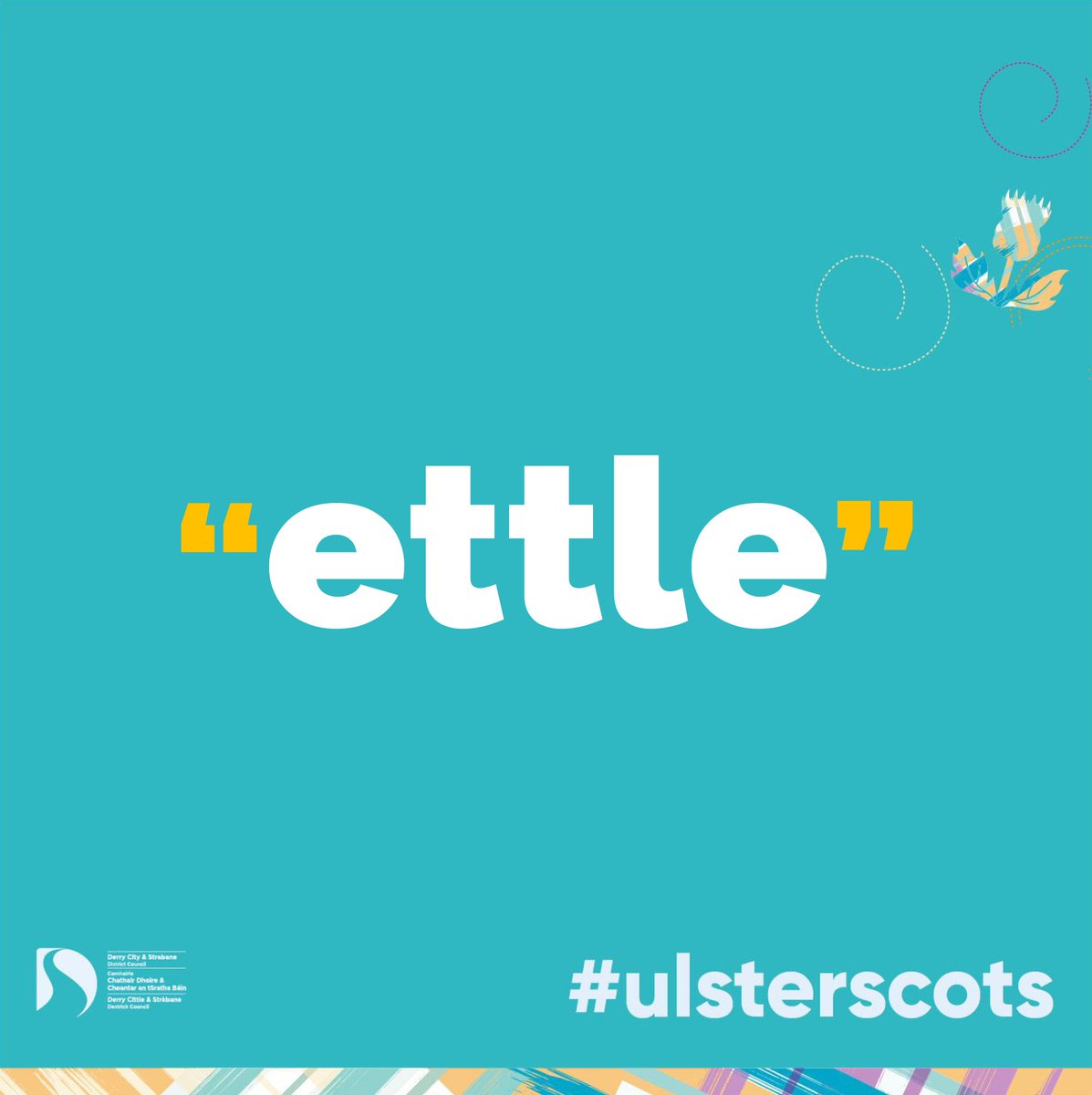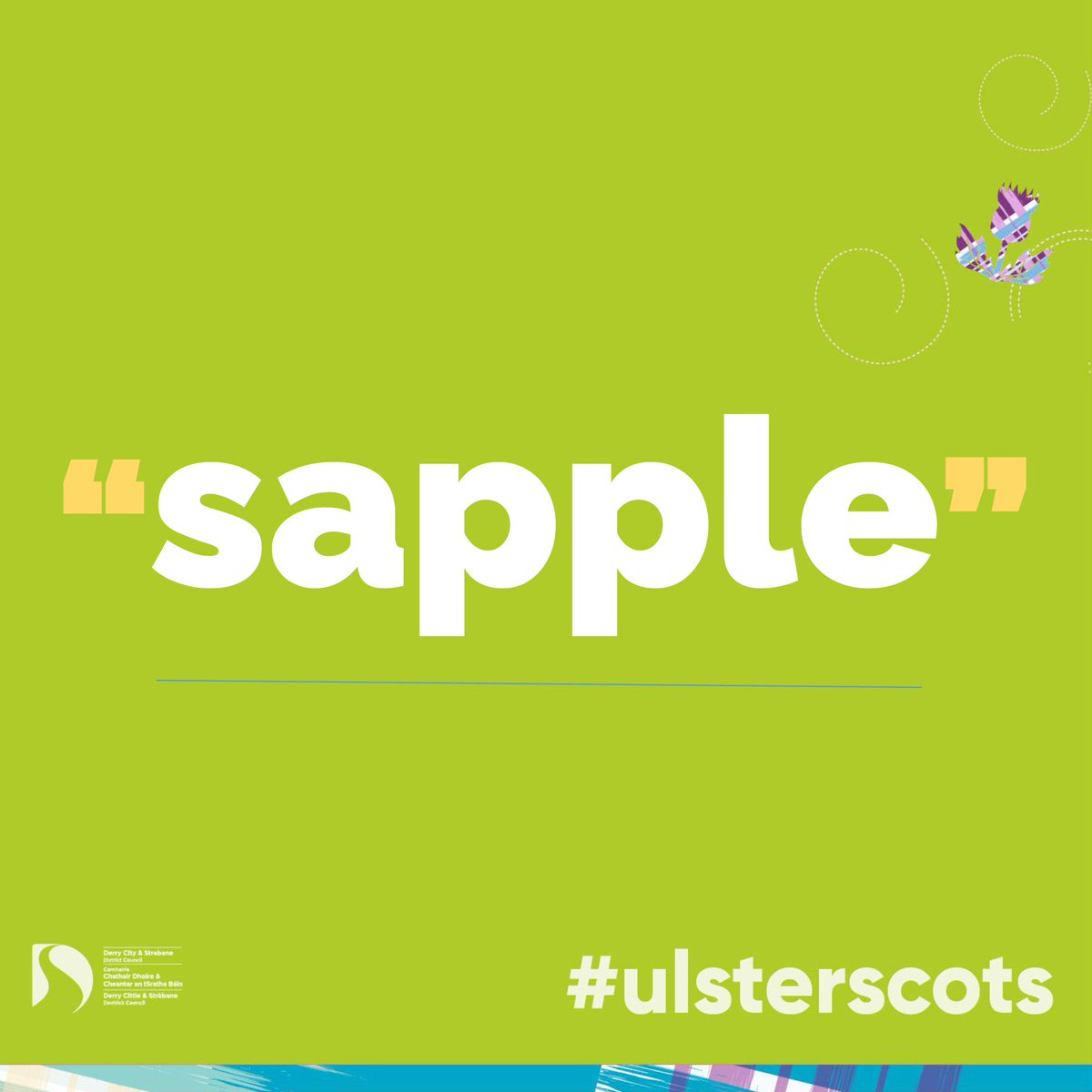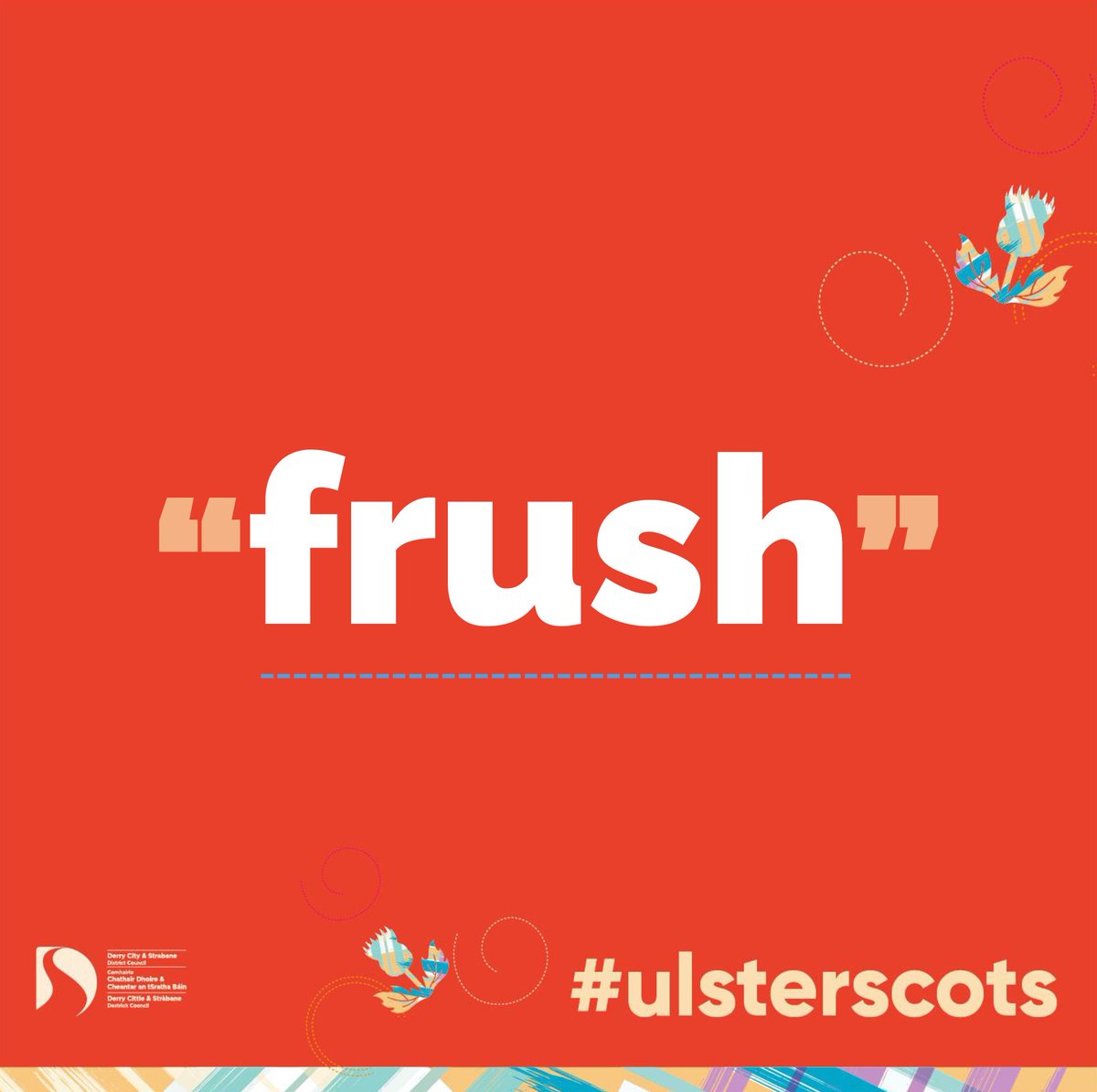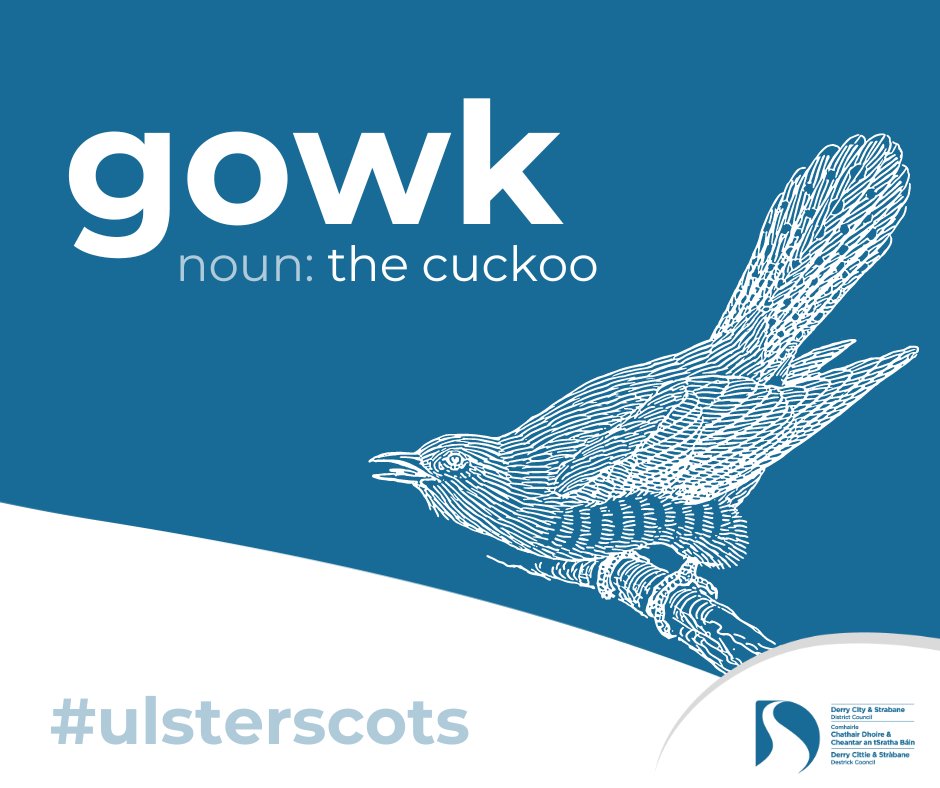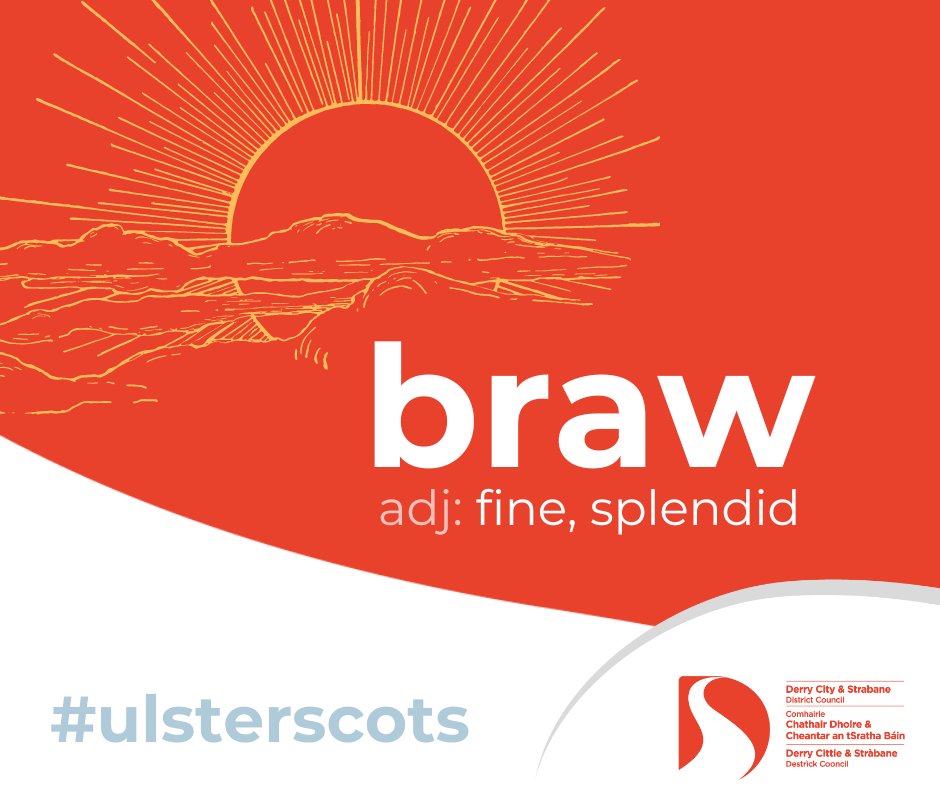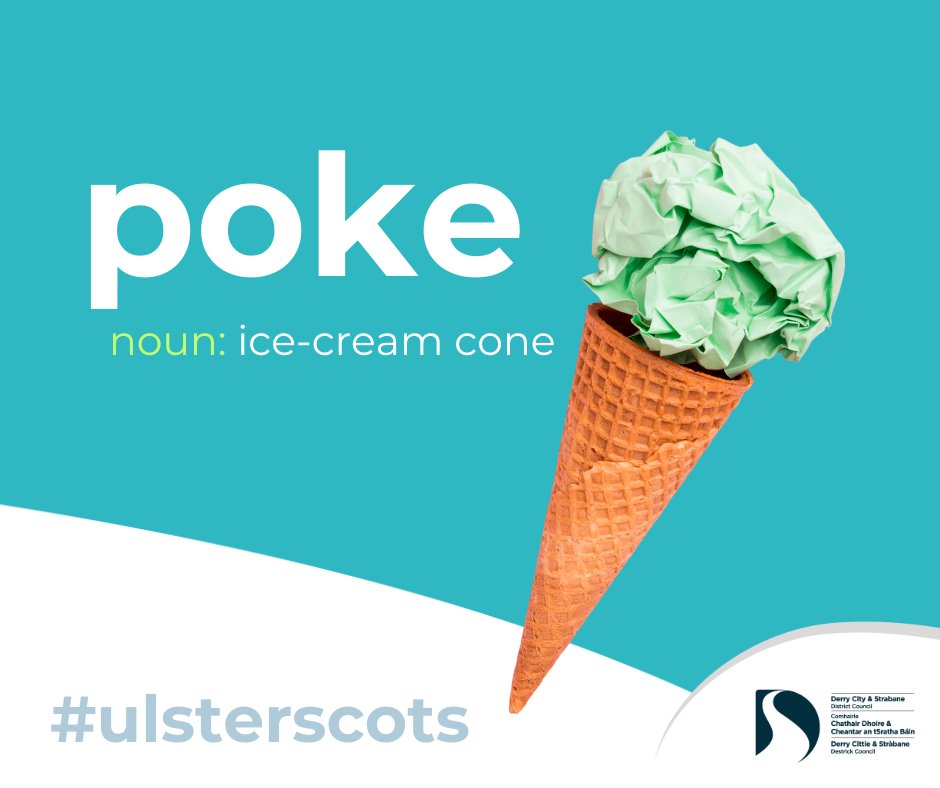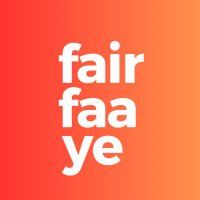
Fair Faa Ye
@fairfaaye
Celebrating the Ulster-Scots language in the Derry City and Strabane District Council area
ID: 1265271453097906176
http://www.derrystrabane.com/ulsterscots 26-05-2020 13:20:08
272 Tweet
432 Takipçi
79 Takip Edilen



















Derry City and Strabane District now invites proposals for Ulster-Scots Language Week 2024. To apply please visit derrystrabane.com/ulsterscots. Return your application to [email protected] by 12 noon on Friday 20 September 2024. With support from Ulster-Scots Agency #LeidWeek




